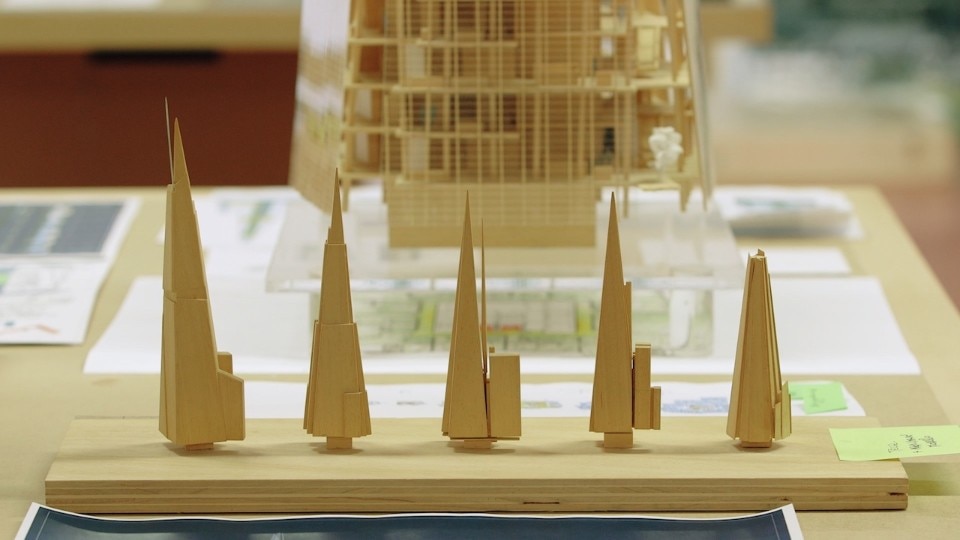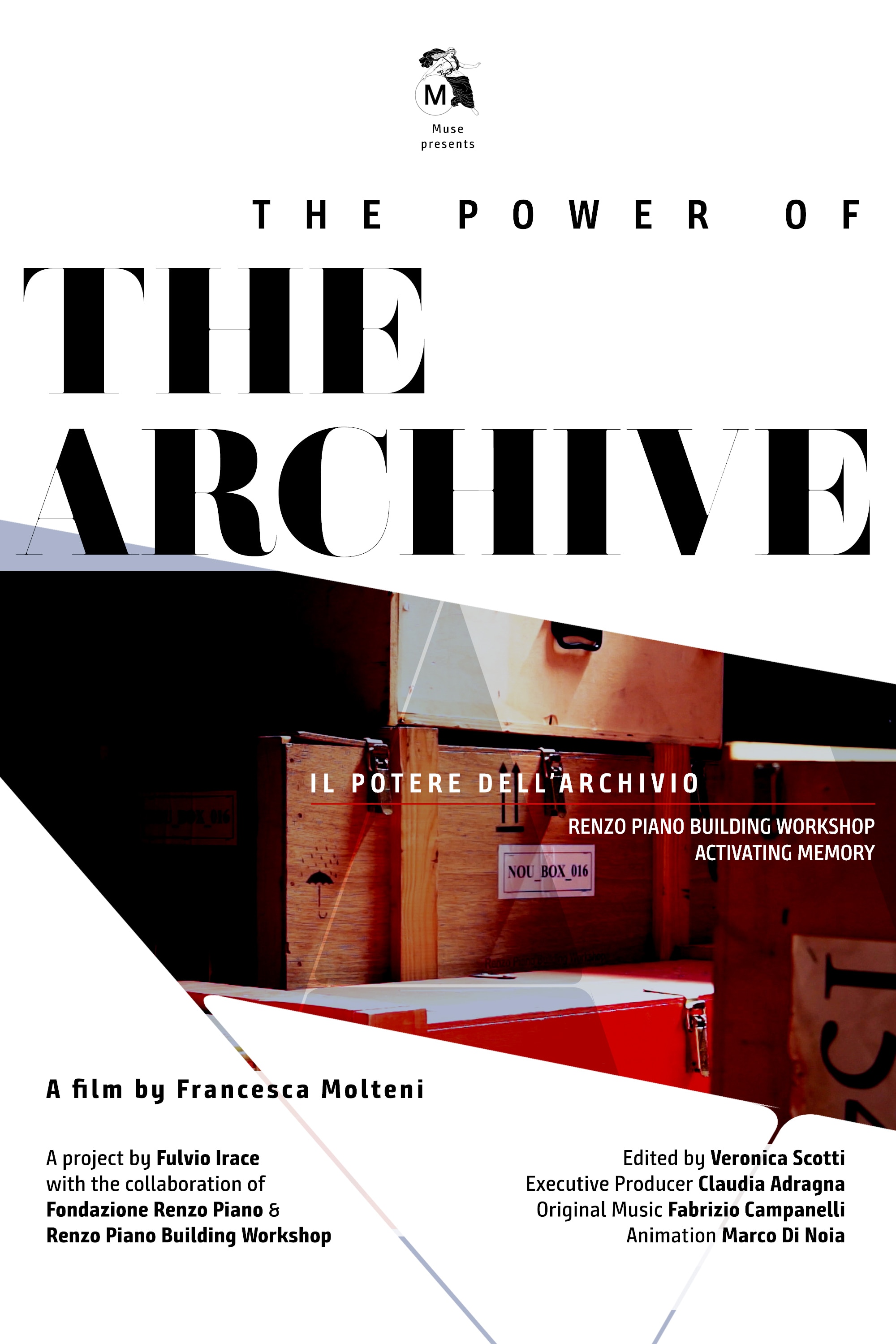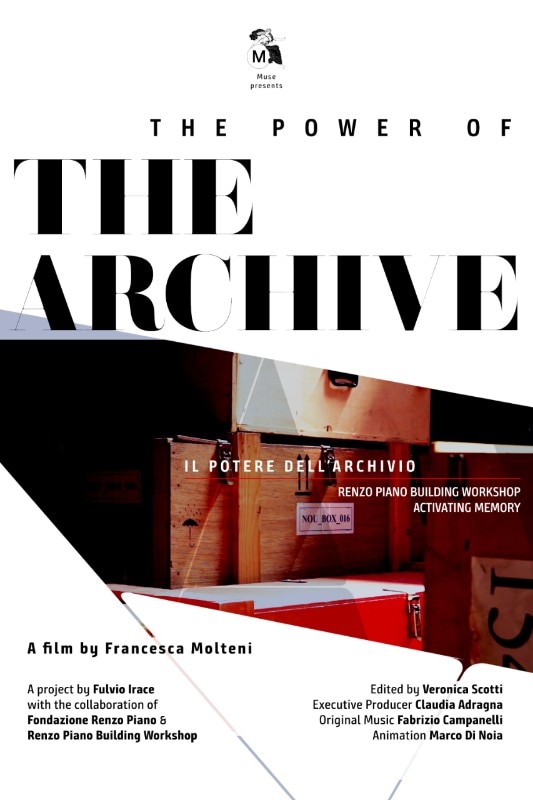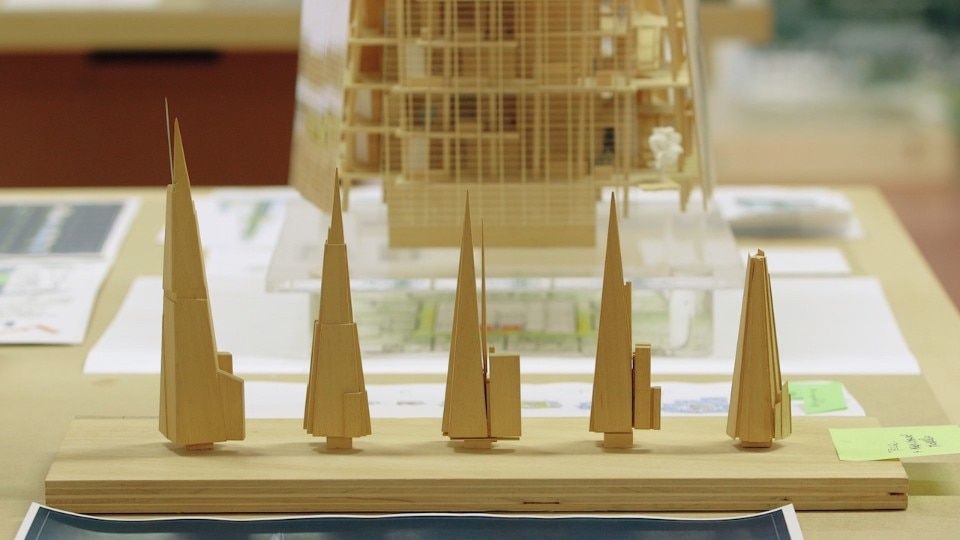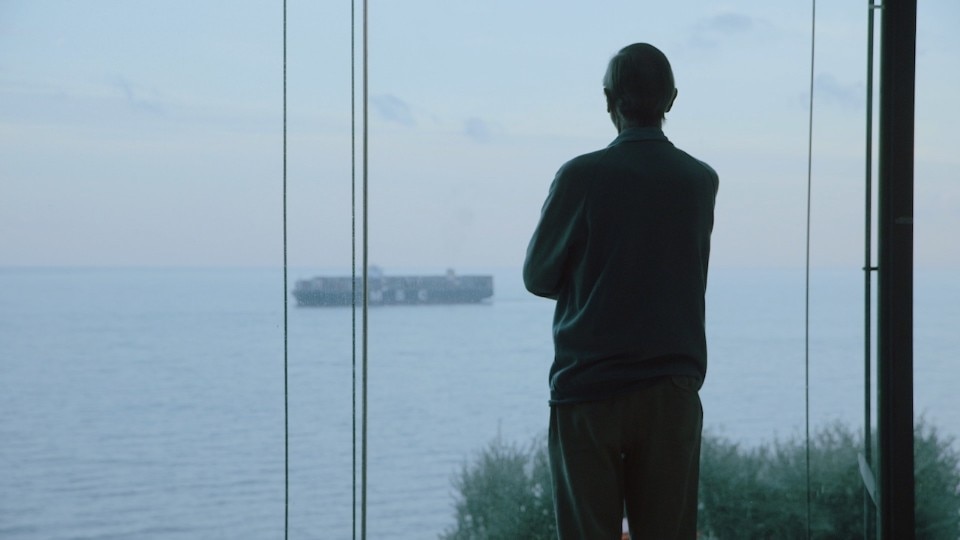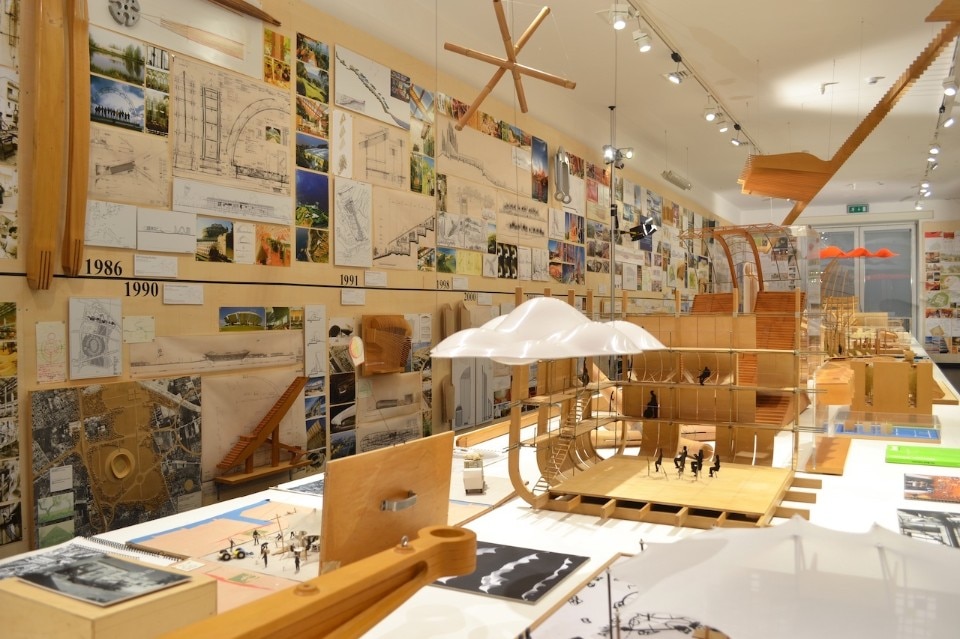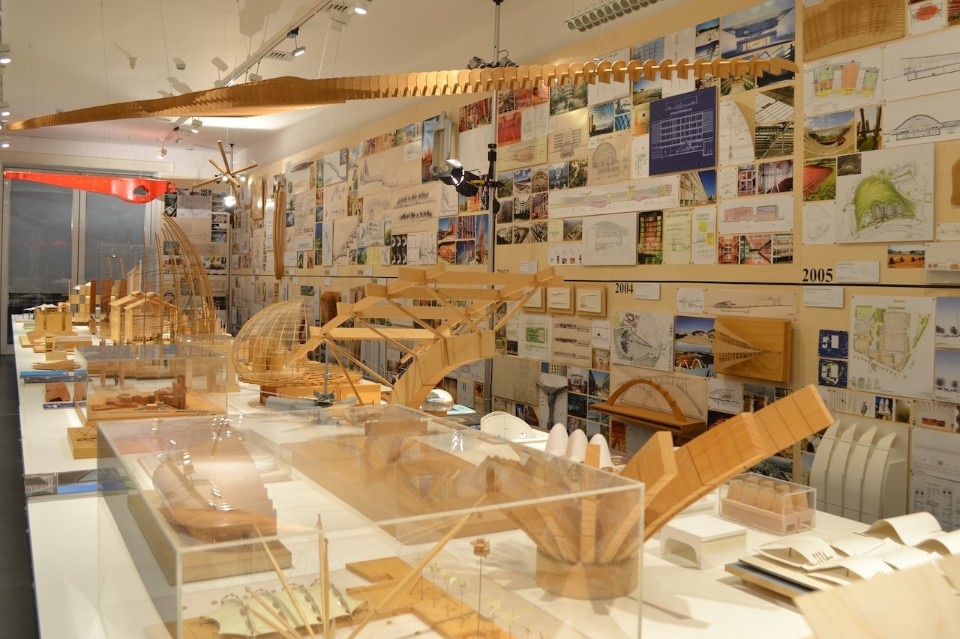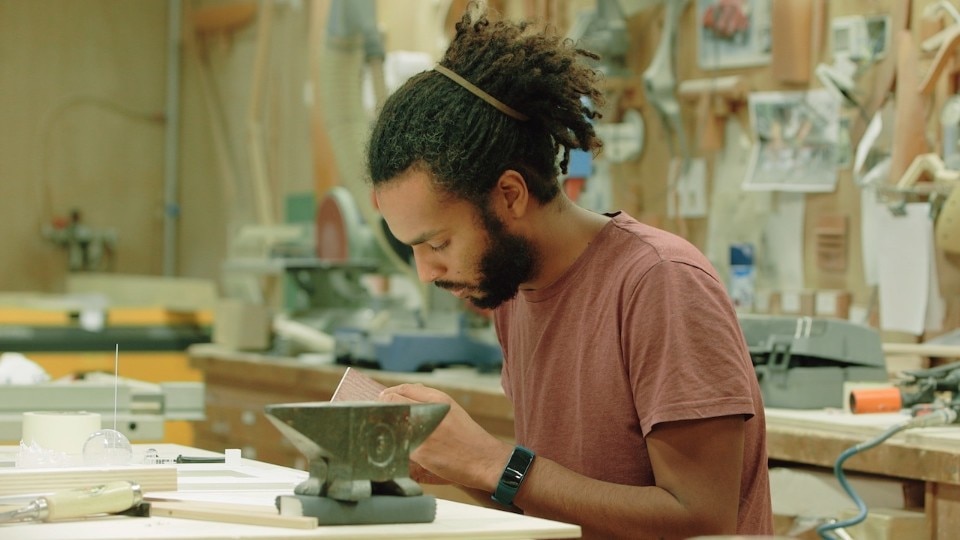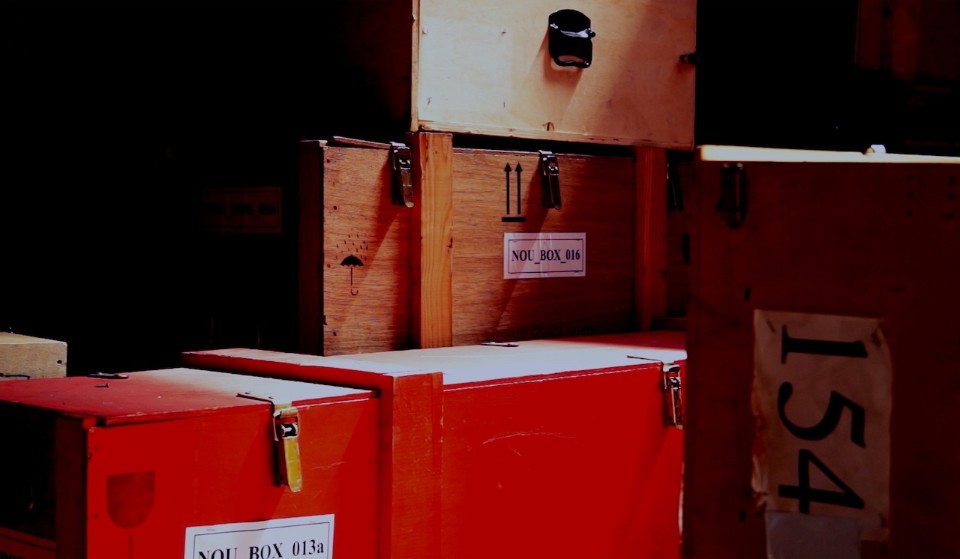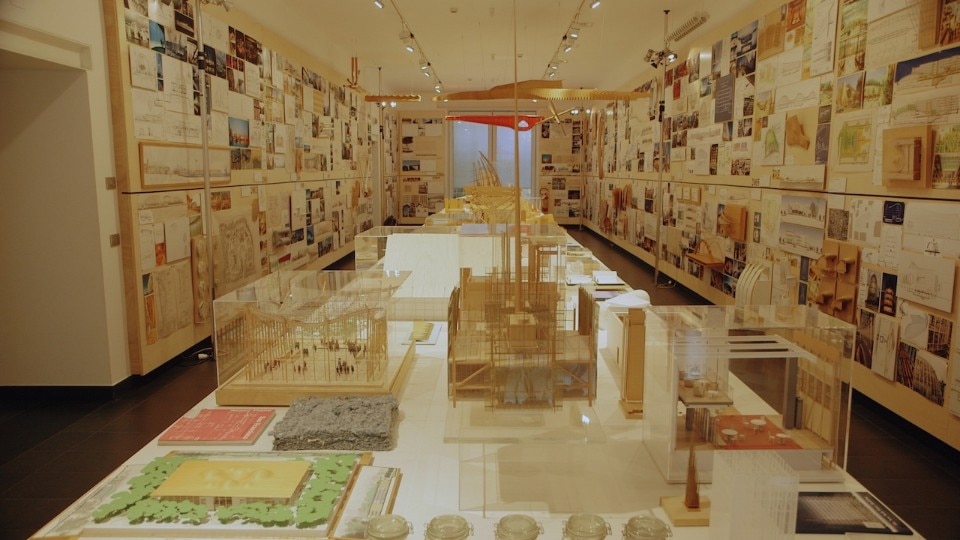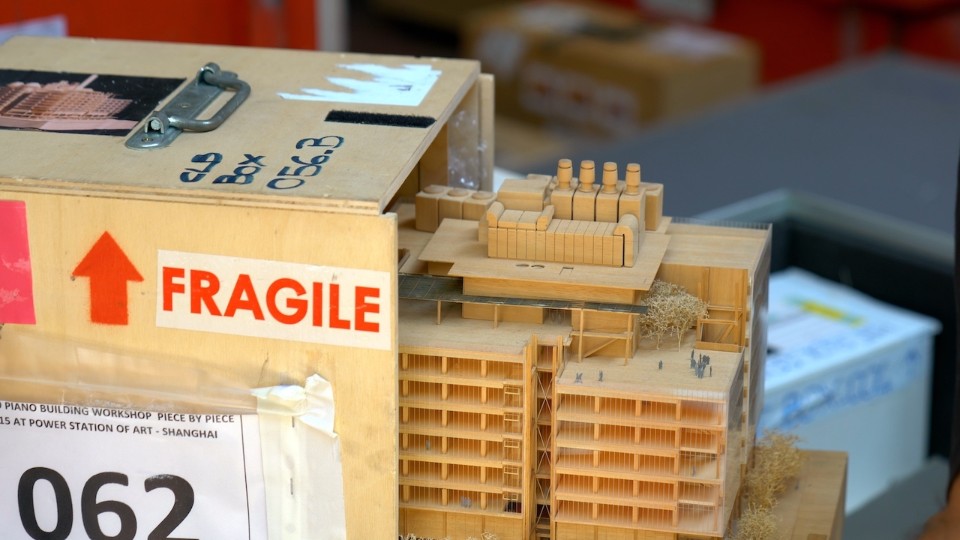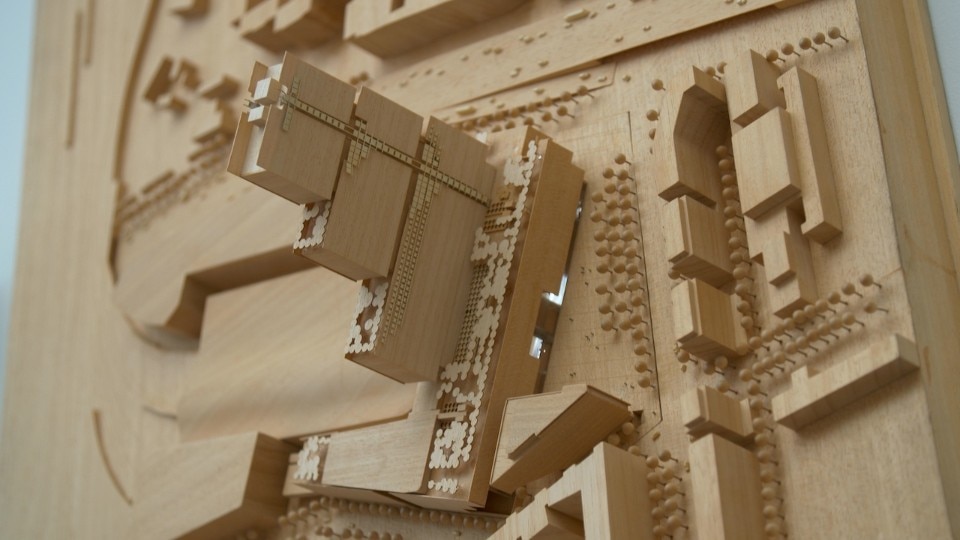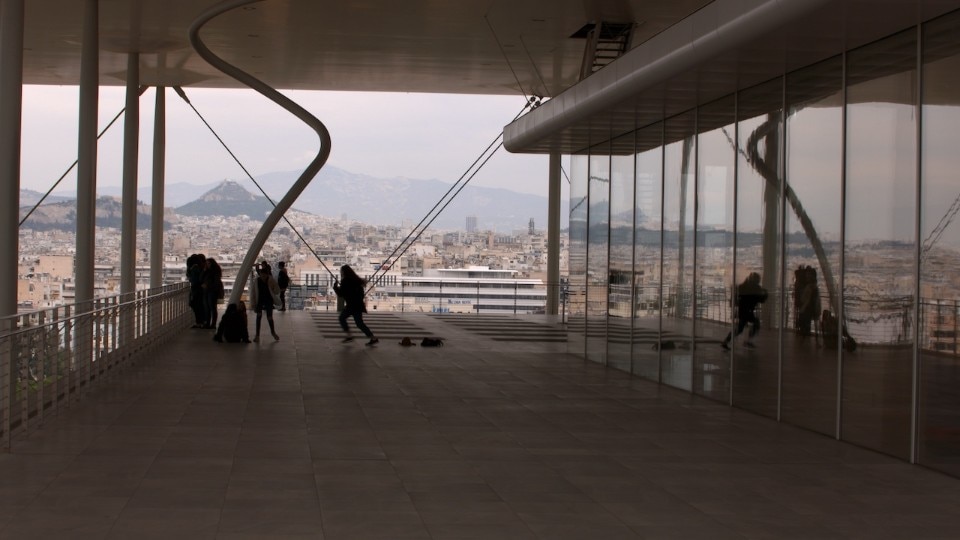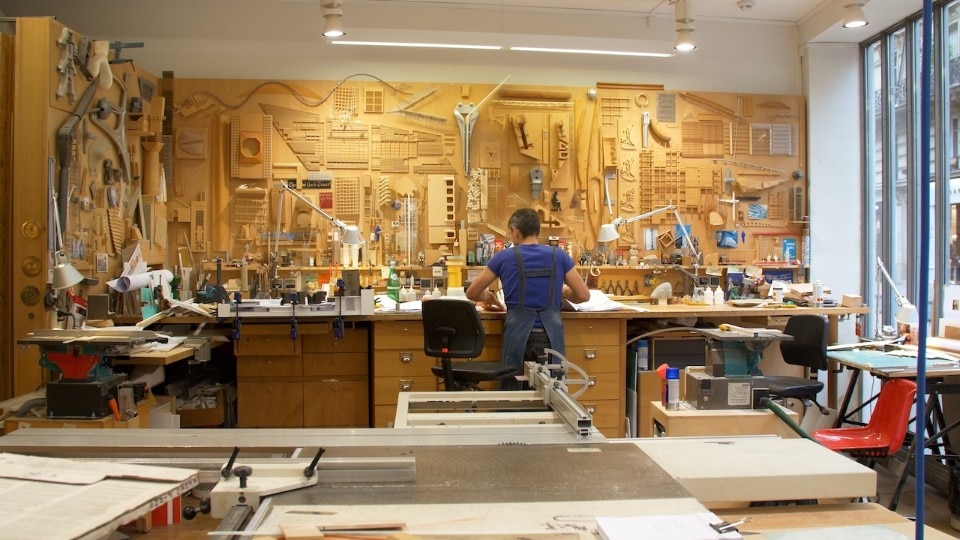“A few years ago, when I began delving into the Renzo Piano archives, it dawned on me how powerful these materials were that no one paid much attention to over the years. I began studying a story of industriousness that no one had ever told, one that is in danger of disappearing as its agents gradually take leave”, says the film maker Francesca Molteni. She is describing a documentary (practically an archive of the archive) on a large chunk of Italian design and architecture, during which she was supported by the consultancy of Fulvio Irace, a historian and curator. The operation took her to Genoa, Paris, New York, and London, where the prestigious offices of Renzo Piano Building Workshop (RPBW) are located. Her aim was to show the technical, artistic and human wealth concealed behind Piano's buildings.
“My contact with Piano was mediated by two precious people, Giovanna Giusto and Milly Piano. After an initial phase of reciprocal scrutiny, they understood the spirit of the project, namely not to portray a starchitect, but the creative process and the community that gravitates around Piano as an architect”.
She interviewed his partners, archivists, model makers and many collaborators with the aim of communicating one of Piano's convictions: “It's not about me, not about one person. In this trade, creativity is a shared process”.
After initiating the film with a voice-over, Piano appears physically at minute 9 of 39 minutes total running length. Seeing his distinct placidity and lightness, we understand how faithfully these traits are transferred to his designs, which constitute the movie's main point of interest. The maestro's drawings of iconic buildings – the New York Times Building, the Centre Georges Pompidou and the Stavros Niarchos Foundation in Athens – come alive through delicate animation work, rendering another of the architect's quests: making young people understand how to find ideas.
The animated parts are a metaphor for the film's key concept: "archives are alive," to speak with the director of the Morgan Library in New York. This comes across very well in the documentary. At the archives of the Renzo Piano Foundation, work does not merely entail accumulating drawings, publications and models, but selecting, preserving, preparing and moving those materials so that they can set sail from the port of Genoa as soon as the foundation receives word of an exhibition being organised somewhere around the world. The archive is in continuous motion, which leads to one of Molteni's favourite scenes.
Each chapter of the documentary is accompanied by the music of Fabrizio Campanelli, a composer of soundtracks who has been nominated several times for the David di Donatello award for his work on cinematographic movies. "His sounds are alternated with silence, like the emptiness inside spaces. This already indicates a profound analogy between architecture and musical shapes," says Molteni. "Speaking of creations, the accent can only be placed on the dream, a borderline territory whose reality affords us a glimpse of what is beyond. The musical composition is based on this." Indeed, the analogy between architecture and music is underlined by Piano himself during the movie, when he states that before beginning a project, the architect must go on site to capture the backdrop of the scene and its types of light, just like a composer captures sounds.
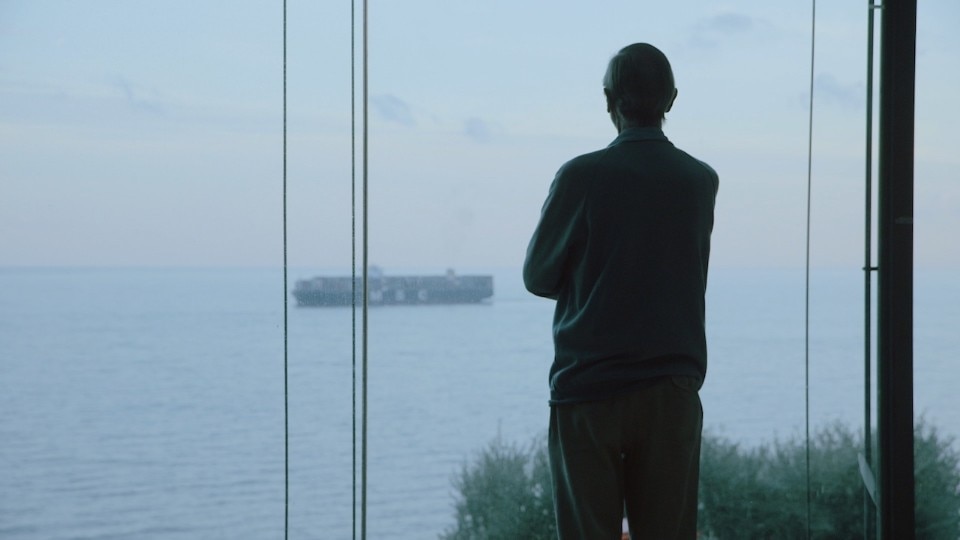
It is always fascinating to listen to the point of view and advice of a great person whose 50-year career is full of projects that have been materialised in every corner of the planet. The buildings are just the tip of the iceberg, the result of a process that this film attempts to explore and reveal. This is an important initiative, because knowledge of the past is fundamental for looking to the future; because the examples of the masters can inspire young people; and because Italy's legacy of greatness (both past and present) should not be forgotten. The documentary is part of a larger project sponsored by the Molteni Museum. After having been presented at the Royal Academy of Arts in London, the Architecture and Design Film Festival in New York and the MAXXI in Rome, the film was shown at the Milano Design Film Festival. It will now travel to new international festivals.
- Title:
- The Power of the Archive
- Director:
- Francesca Molteni
- Curated by:
- Fulvio Irace
- Produced by:
- Muse
- In collaboration with:
- Fondazione Renzo Piano and Renzo Piano Building Workshop
- Lenght:
- 35 minutes
- Year:
- 2018


